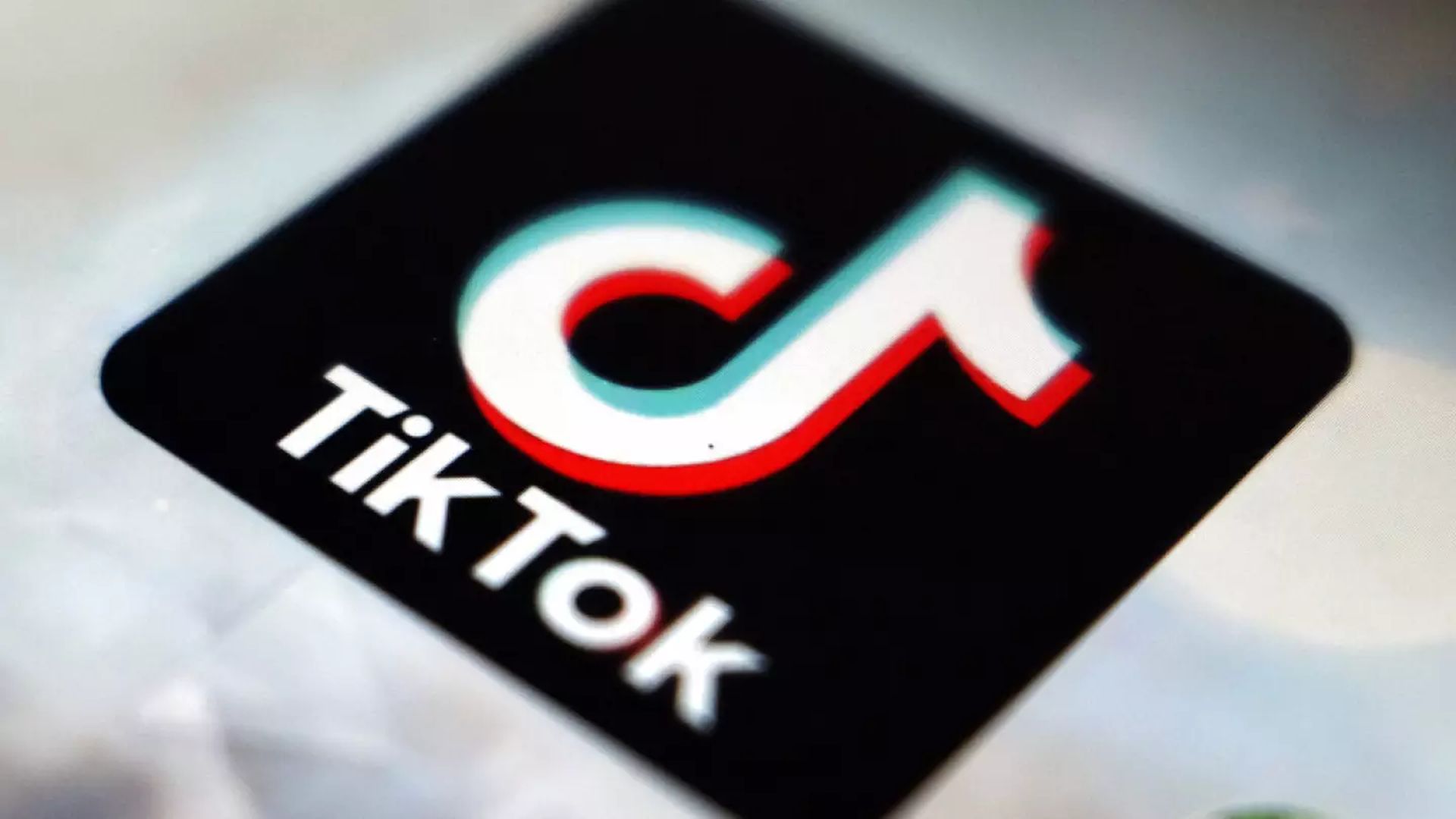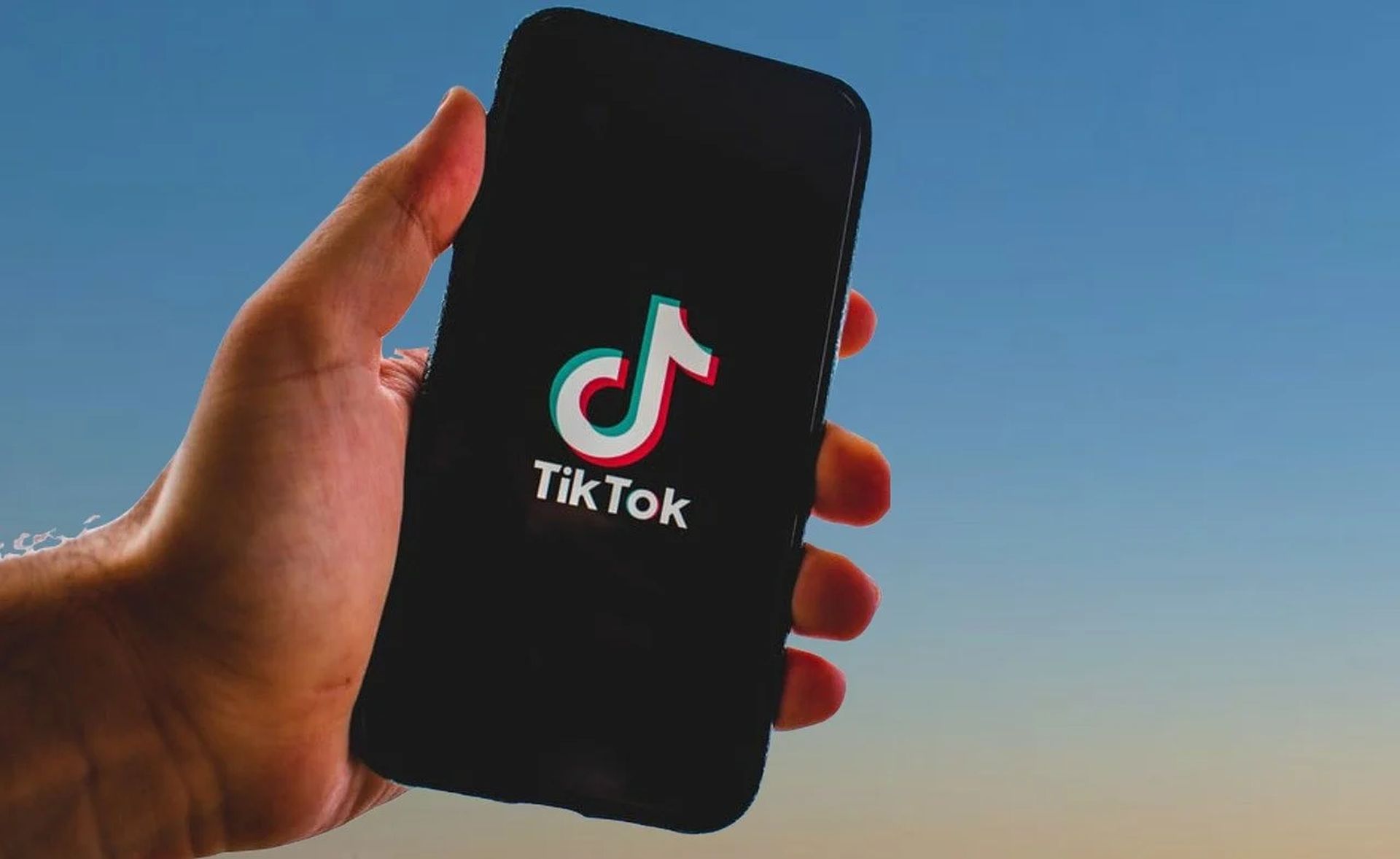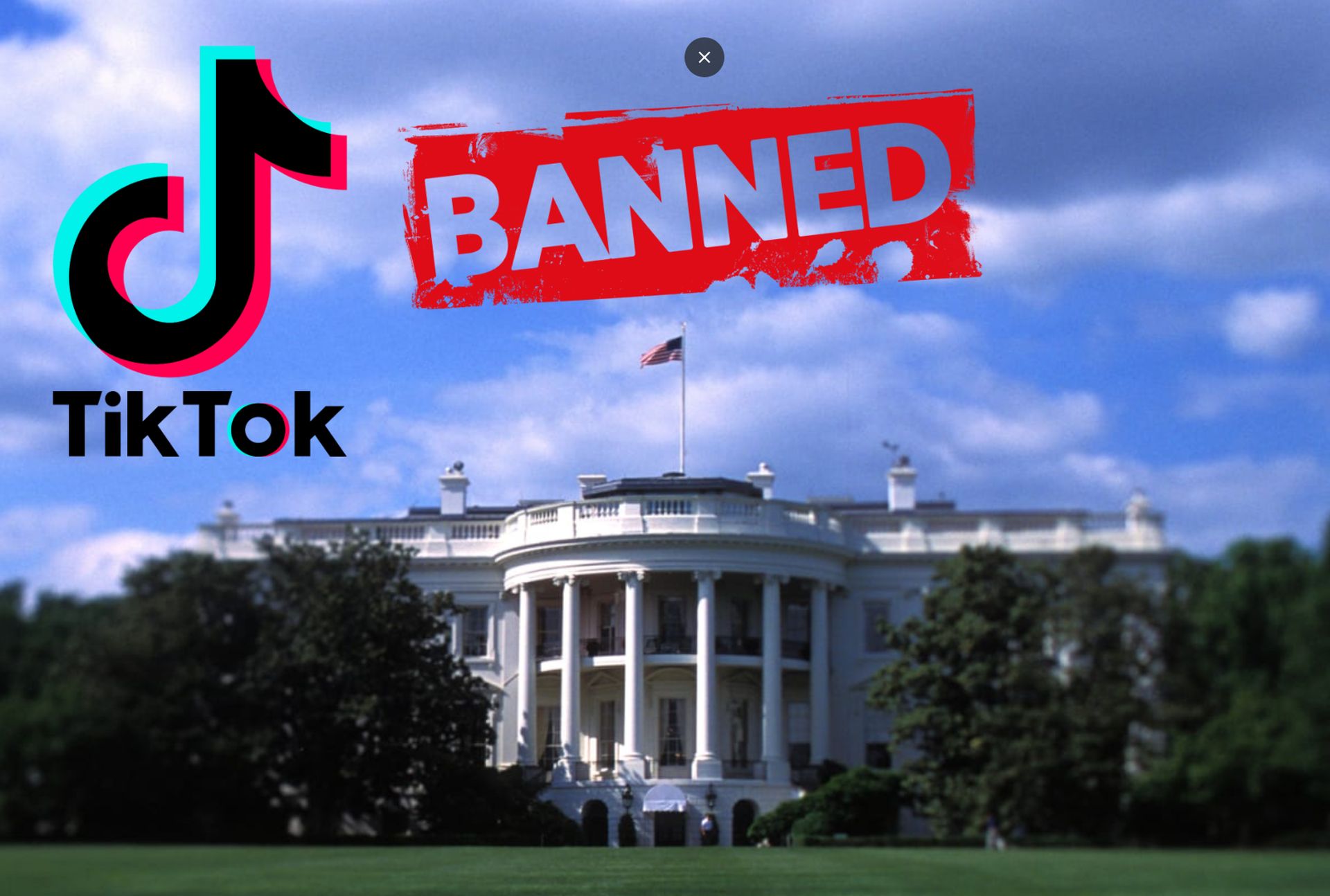The US House of Representatives has banned TikTok, the popular social media app, on all House-issued mobile phones and has ordered that all lawmakers and staff members remove the app from their phones, citing “a number of security risks.”
The decision comes after the $1.7 trillion omnibus budget plan enacted by Congress last week included a provision that forbade TikTok from being used on select government equipment. The clause included a prohibition on the app and any software offered by TikTok’s Beijing-based parent company, ByteDance, on all devices used by the executive branch; it did not apply to Congressmen and their staffs, according to NBC News.
Why is TikTok banned on House-issued phones?
The move to ban TikTok from Congress follows concerns raised by the FBI that the Chinese government could utilize the app to manage users’ devices for political impact or espionage purposes. In a memo issued on Tuesday, the House’s top administrative officer, Catherine L. Szpindor, stated that TikTok poses a “high risk to users” and that all lawmakers and staff members must remove the app from their phones.
The memo reads, “House staff are NOT allowed to download the TikTok app on any House mobile devices. If you have the TikTok app on your House mobile device, you will be contacted to remove it.”

TikTok has faced scrutiny in the US over concerns about data privacy and national security, with some lawmakers calling for the app to be banned in the country. Last week, TikTok said it was “well underway” in implementing plans to further secure its platform in the US and that it would continue to brief lawmakers on them. The app has also faced criticism for its perceived role in spreading misinformation and for its ties to the Chinese government.
In recent months, TikTok has taken steps to address these concerns, including opening a transparency center in the US and hiring a chief transparency officer. The company has also announced that it is considering selling its US operations to an American company in order to address national security concerns. Despite these efforts, TikTok remains a controversial app, with some lawmakers calling for a full ban in the US.

The Senate, where some lawmakers have asked for the app to be fully banned in the US, is not included in the House’s instruction to remove TikTok. It remains to be seen whether the Senate will follow the House’s lead and implement a similar ban on the app.
TikTok has become increasingly popular in recent years, with millions of users worldwide. The app allows users to create and share short videos, typically set to music, and has become particularly popular among younger users. However, the app’s ties to the Chinese government and concerns about data privacy have led to calls for its ban in the US and other countries.
“We do have national security concerns. They include the possibility that the Chinese government could use it to control data collection on millions of users,” stated FBI Director Christopher Wray in November.
As tensions between the US and China continue to escalate, the decision to ban TikTok in Congress highlights the ongoing concerns about the potential risks of using Chinese-owned apps and software. It remains to be seen how this latest development will impact TikTok and its future in the US.
In August 2020, the former president of the United States, Donald Trump, signed the executive order banning TikTok.





